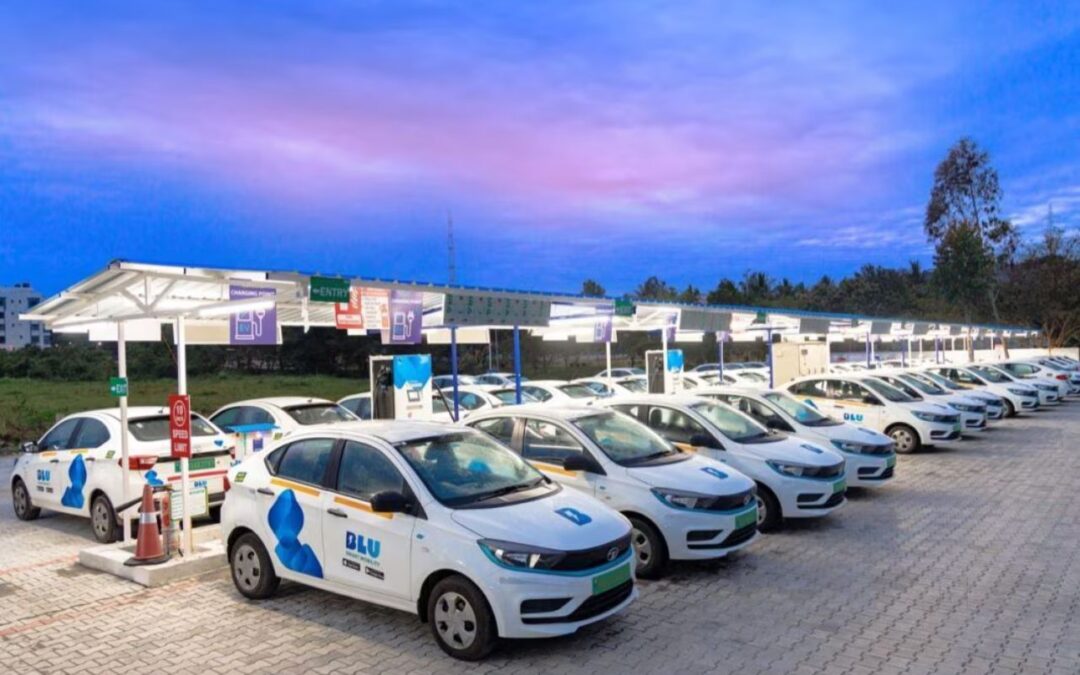With growing concerns over rising project delays and financial stress in the renewable sector, questions are mounting on whether state-run financiers PFC and IREDA can recover their large outstanding loans. As several borrowers struggle with execution and cash flow issues, the recovery outlook hinges on regulatory clarity and effective risk management.
Gensol’s market capitalization plunged from Rs 1,960.8 crore in March 2025 to just Rs 125 crore by November 2025, reflecting a staggering 94% collapse. The stock tumbled 55% in six months and 96% over a year, signalling a severe erosion of investor confidence amid regulatory and operational concerns.
Timeline of Fraud
In June 2024, SEBI launched an investigation into Gensol Engineering after receiving complaints of stock manipulation and fund diversion by its promoters. By December 2024, the company defaulted on loan repayments while falsely declaring no defaults to rating agencies, raising serious concerns about governance, transparency, and financial integrity.
Further, in early 2025, Gensol secured Rs 978 crore in loans from PFC and IREDA to purchase 6,400 EVs, but allegedly diverted Rs 262 crore through shell firms after buying only 4,704 vehicles. By March 2025, credit agencies downgraded their rating to ‘D’ due to delayed repayments and fraudulent documentation concerns.
By mid-2025, Gensol’s financial troubles deepened as SEBI barred promoters Anmol Singh Jaggi and Puneet Singh Jaggi from market activities, ordering a forensic audit after uncovering fund diversion for personal luxuries and related-party gains. Following IREDA’s bankruptcy filing and asset-freeze orders against Gensol, both PFC and IREDA also initiated legal recovery actions through insolvency and auction proceedings.
As of now, PFC disbursed Rs 352 crore to Gensol for electric vehicle procurement, but only ₹45 crore has been repaid, leaving an unpaid balance of Rs 307 crore. Also, Rs 44 crore was recovered through bank guarantees, and Rs 263 crore remains outstanding. PFC mentions that part of its exposure related to the Gensol fraud involves a non-recoverable amount linked to a Special Purpose Vehicle (SPV).
IREDA, on the other hand, holds a larger exposure with over Rs 700 crore due from Gensol Engineering and its EV unit. IREDA has recovered a little over Rs 100 crore through bank guarantees and fixed deposits, but the bulk remains under recovery proceedings via legal routes, including insolvency cases in NCLT and Debt Recovery Tribunal filings.
Furthermore, both IREDA and PFC have fully provided for their stressed Gensol exposures, signalling minimal recovery expectations. PFC classified ₹263 crore of its ₹307 crore exposure as fraud and fully provisioned it, while IREDA has initiated legal action and created provisions for its doubtful assets. These steps reflect prudent risk management as both lenders work to contain the fallout and protect balance-sheet quality.
Additionally, PFC and IREDA have received only partial recoveries so far and are actively pursuing legal measures to recover outstanding dues amounting to several hundred crores. The recovery process is ongoing with assets under auction and insolvency proceedings underway.
Conclusion
In conclusion, the chances of full recovery for PFC and IREDA appear limited in the near term, given the scale of fraud, asset diversion, and the weak financial position of Gensol. While legal proceedings, auctions, and insolvency routes may yield incremental recoveries, both lenders have prudently provided for major losses. Actual recovery will depend on asset realisations and the pace of regulatory action.
Written by Abhishek Singh
Disclaimer

The views and investment tips expressed by investment experts/broking houses/rating agencies on tradebrains.in are their own, and not that of the website or its management. Investing in equities poses a risk of financial losses. Investors must therefore exercise due caution while investing or trading in stocks. Trade Brains Technologies Private Limited or the author are not liable for any losses caused as a result of the decision based on this article. Please consult your investment advisor before investing.


